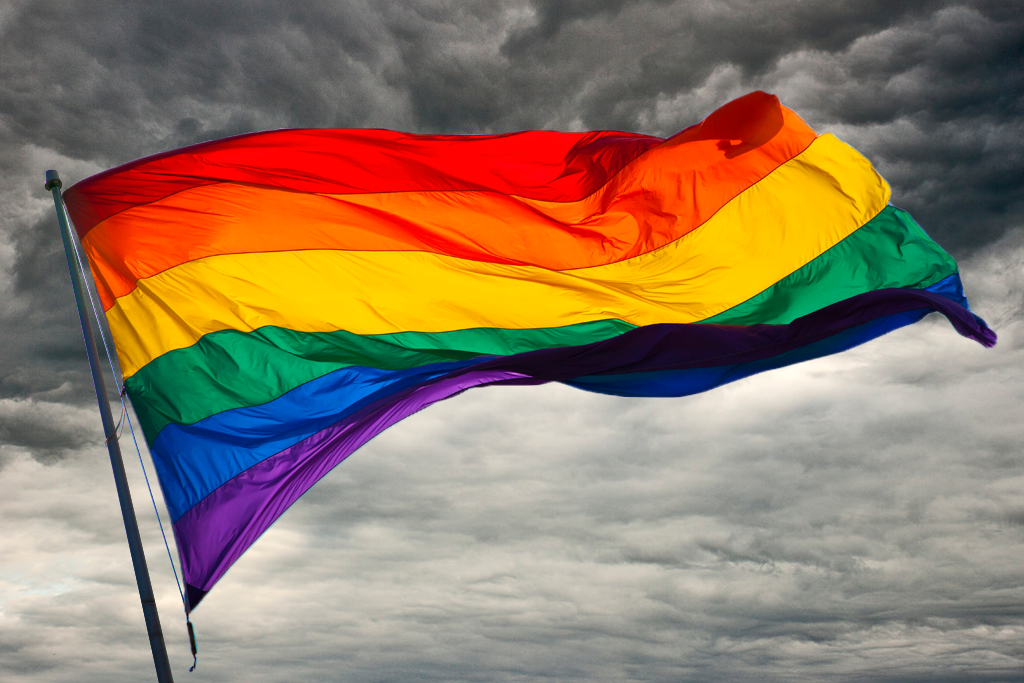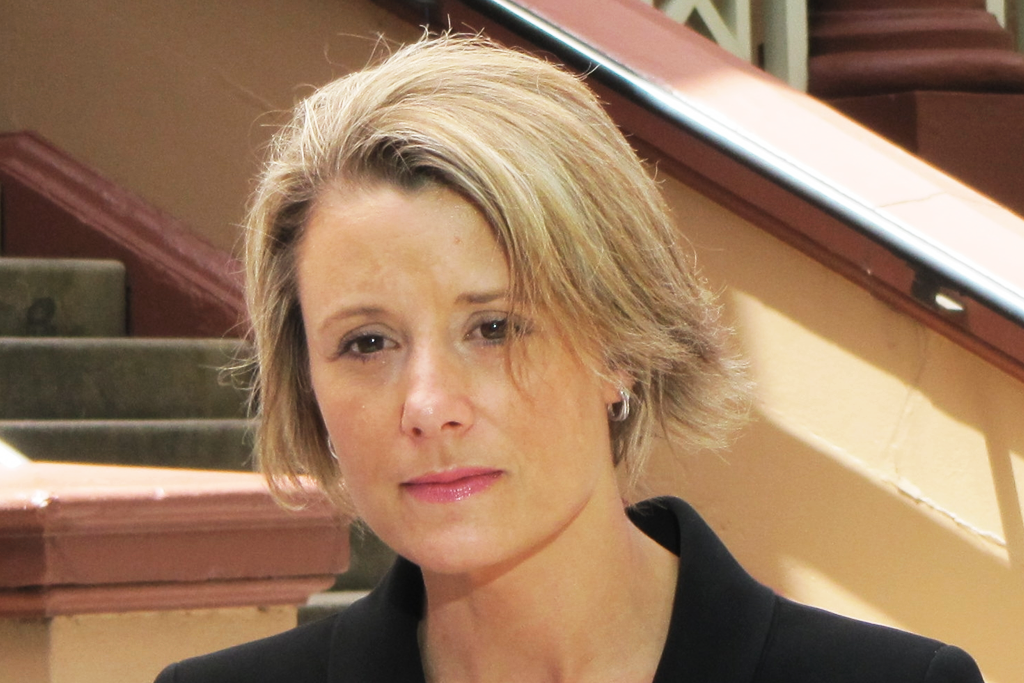The Government Wants To Make It Easier For Religious People To Humiliate LGBTIQ Australians
They're calling it "religious freedom".

A draft of the government’s so-called “religious freedom” legislation is finally here, and it turns out it’s exactly what LGBTIQ Australians feared it would be: a law making it easier for religious people to humiliate and degrade us with impunity.
The government has been banging on about the need to introduce “religious freedom” legislation for a while now, ever since Israel Folau faced consequences for saying LGBTIQ people are going to hell. Back in July, Labor announced that it was ready to work with the government on the laws.
The question for the past few months has been this: what does “religious freedom” actually mean in legislation? The government has been extremely cagey about this. At first, it described the laws as simply similar to the anti-discrimination acts that already apply to sex or race, preventing employers from discriminating against someone on the basis of these characteristics. And sure, given things like the widespread Islamophobia in this country, that sounds like a great idea.
But various government ministers have also made some pretty worrying comments, which made it sound like the religious freedom laws might go further than regular anti-discrimination legislation. Back in July Scott Morrison refused to confirm whether the planned religious freedom bill would, say, protect someone like Israel Folau from being sacked for saying that gay people are going to hell. The government’s own religious freedom review recommended that religious schools be allowed to expel or fire LGBTIQ students and teachers just for being queer.
So, what does the proposed religious freedom legislation actually look like? Attorney-General Christian Porter released a draft of the legislation today, and it certainly seems to go further than anti-discrimination legislation. The law actually overrides existing state-based anti-discrimination laws to allow religious people to express their beliefs.
As the summary of the bill puts it, “the bill ensures that the ability of people to express their religious beliefs in good faith is protected from the operation of Commonwealth, state and territory anti-discrimination law. The bill provides that a statement of belief does not constitute discrimination under Commonwealth, state or territory anti-discrimination law.”
In July Christian Porter said the religious discrimination bill wasn't "intended" to override state and territory laws.
Today, from the summary:#auspol #auslaw #ReligiousFreedom pic.twitter.com/A83wH1zptv
— Paul Karp (@Paul_Karp) August 29, 2019
The bill is very specific about overriding Tasmania’s Anti-Discrimination Act 1998, which is one of the country’s broadest anti-discrimination laws. Tasmania’s law currently prohibits “conduct which offends, humiliates, intimidates, insults or ridicules another person on the basis of a gender, race, age, sexual orientation, lawful sexual activity, gender identity, intersex variations of sex characteristics, disability, marital status, relationship status, breastfeeding, parental status or family responsibilities.”
The government’s proposed religious freedom legislation would ensure that a statement of religious beliefs is exempt from this anti-discrimination act, because of the Tasmanian law’s “demonstrated ability to affect freedom of religious expression”.
Basically, the religious freedom act seems to be saying that offending, intimidating, insulting or ridiculing a person on the basis of gender, sexuality, disability or anything else is fine, as long as you’re expressing a religious belief.
And here it is in the explanatory memorandum – the Tasmanian law is too nice to queer people, women etc; it impinges on religious freedom #auspol #auslaw #ReligiousFreedom pic.twitter.com/vQJlJ5mbyg
— Paul Karp (@Paul_Karp) August 29, 2019
It’s not clear how this would play out in practice, and what it would mean for people like Israel Folau. Porter said today that the laws are intended to be a shield against discrimination rather than a sword, and that “the laws will protect people from being discriminated against, but will not give them a licence to discriminate against other people, or engage in harassing or vilifying speech.”
However, the summary of the bill explains that under the new laws, “a person cannot be found to have discriminated against a person under any anti-discrimination law for merely expressing their genuinely held religious beliefs in good faith. This could include, for example, merely stating a biblical view of marriage or an atheist view on prayer.”
“However, this provision does not protect statements that are malicious, would harass, vilify or incite hatred or violence against a person or group or which advocate for the commission of a serious criminal offence.”
By the sound of it, then, the new religious freedom laws would likely protect Israel Folau’s right to declare that gay people are going to hell, because it’s a genuine expression of belief that does not directly incite violence against LGBTIQ people. But given that statements like Folau’s contribute to a culture that does a whole heap of harm to LGBTIQ people, it seems that defending so-called “religious freedom” may just be enabling harassment after all.
Religious institutions can already e.g. sack gay employees, refuse students with same-sex parents, expel gay students etc. Without explicit protections, the religious discrimination bill will only further entrench anti-LGBT discrimination #ReligiousFreedom #auspol
— Joshua Badge (@joshuabadge) August 29, 2019
LGBTIQ rights groups are already expressing serious concerns about the bill, and marriage equality campaigner Ali Hogg and Safe Schools co-founder Roz Ward have called for a rally in opposition to the bill to take place in Melbourne on Saturday, August 31. In particular, the pair have expressed concerns about the bill’s potential to strengthen the ability of religious schools, hospitals and other organisations to exclude or turn away LGBTIQ students, staff and patients.
“We had to fight hard to win marriage equality and we’re not about to give away more rights for religious organisations to discriminate against our communities,” said Hogg.
We’ll find out more about how the bill would actually function in practice over the next couple of months, as the government continues to consult on the legislation before introducing it to Parliament in October. For now, you can read a summary of the reforms here, or see the full draft of the legislation here.
